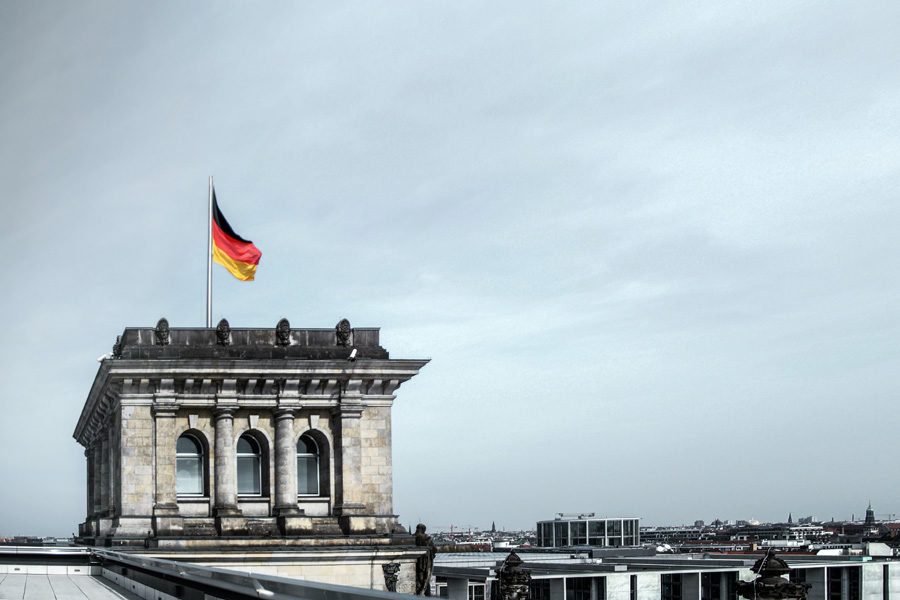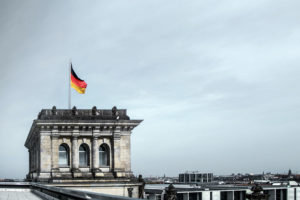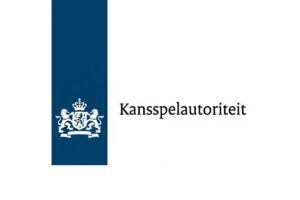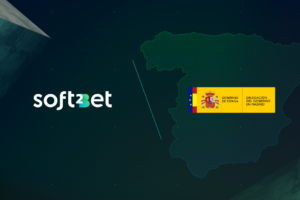Gaming industry blasts order to close betting shops in Bremen

Betting shops in Bremen have a week to appeal against the closure order.
Germany.- The German Sports Betting Association has blasted an order issued by the city-state of Bremen to close all betting shops. Authorities in the city said it was issuing the order on the grounds that it was not convinced that betting operators were not fronts for money laundering.
The city has rejected applications from 32 high-street betting shops that had applied for new licences under Germany’s new interstate gambling treaty, which came into effect last July. It said that some operators failed to provide written evidence of how they had secured the startup funds for their businesses, while one was located too close to a school. Operators have until August 5 to appeal.
Bremen is Germany’s smallest city state. Authorities highlighted a 2019 report from Germany’s finance ministry and federal police that found that said criminals were using gambling to launder dirty money and also directly investing money to buy betting shops. In some cases, gambling was simulated.
In Germany, betting shops are often not run by large chains but by smaller businesses that buy a franchise licence.
The Guardian quoted Bremen senator for internal affairs, Ulrich Mäurer, as saying: “At its core, this is about checking the reliability of these operators. We also want to guarantee that no money from dodgy businesses like drug dealing or human trafficking is being laundered here and thus flows into legal money cycles.”
A “politically motivated” decision
The German Sports Betting Association (DSMV) has claimed that the decision to reject the licence applications was “politically motivated”. It said authorities were seeking to move attention away from “urgent domestic political problems”.
It says that documents were submitted to Bremen authorities to prove operators’ financial resources, and says this evidence was validated by money laundering experts. It’s also questioned why authorities have suddenly decided to reject all licence applications on the same day, months after the applications were made.
DSMV President Mathias Dahms said: “The members of the German Sports Betting Association have nationwide permits as organisers of sports betting. The reliability of the providers has already been tested and, of course, the legal origin of their equipment was also proven.”
He added: “The fact that, after months without any response from the authorities, all 32 applications for permits were suddenly rejected on the same day suggests that this is an arbitrary, legally questionable and completely disproportionate act that only serves to achieve political goals. This has nothing to do with proper administrative procedures.
“By wanting to close all betting shops, Senator Mäurer is undermining the 2021 State Treaty on Gaming, which the Bremen Senate and the Bremen Parliament have approved.”
Dahms warned that the state’s move would harm consumer protection and push customers to the black market. However, a spokesperson for Bremen authorities suggested that other states may follow its lead.
Rose Gerdts-Schiffler said: “Other states in Germany are looking with close interest at what we are achieving by taking this step If we are successful, I expect many of them will follow suit.”
German regulator wants ISPs to voluntarily block unlicensed gambling sites
The new federal gambling regulator Glücksspielbehörde (GGL) has proposed a system under which it would ask internet service providers (ISPs) to voluntarily block unlicensed gambling websites. The proposal comes after the GGL took its first enforcement action last week by ordering IP blocks against Lottoland.
The GGL is due to officially begin its full capacity as Germany’s new federal gambling regulator from January 1, but it began its enforcement action against unlicensed gambling this month. It revealed that IP blocking would be one of the tools in its arsenal and has already ordered blocks against Lottoland’s www.lottoland.com, www.lottohelden.de and www.lottohelden.com.
The GGL has the power to impose penalties against internet providers who do not comply with its IP blocking orders. However, it’s now proposed that ISPs voluntarily block unlicensed sites without waiting for a formal order subjecting them to a legal obligation.
Based in the German state of Saxony-Anhalt, the GGL was created under the federal treaty on gambling, which established a federal regulated online gambling market last July. It was not due to be fully up and running until January 1, although it launched the GGL website in February.











